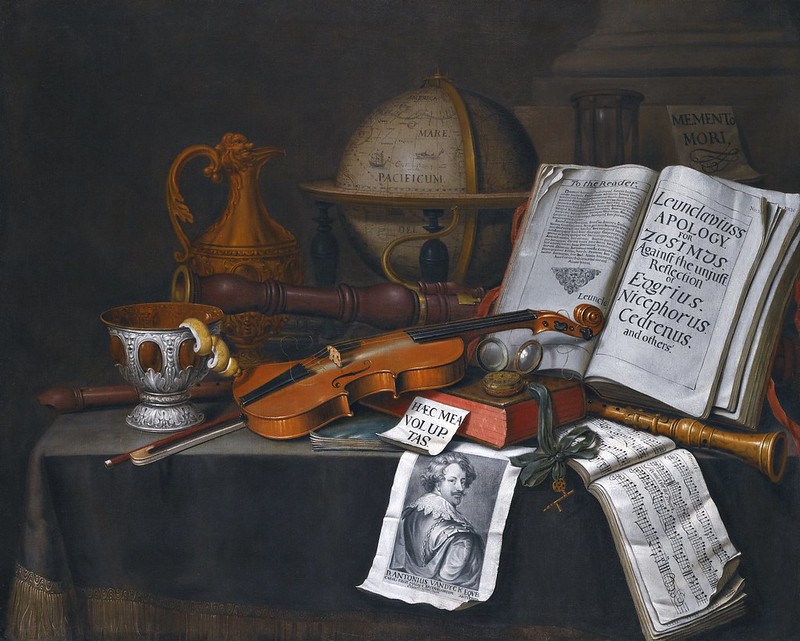Charles Avison (1709-1770)
- Concerto I (in g), opera secunda (1740)
Performers: Atlanta Baroque Orchestra
Further info: Charles Avison (1709-1770)
---
English composer, conductor, writer on music and organist. He was the
fifth of nine children born to Richard and Ann Avison. Since his father,
a Newcastle town wait, was a practising musician, his musical training
probably began at home. Later, while in the service of Ralph Jenison, a
patron of the arts and MP for Northumberland from 1724 to 1741, he had
opportunity for further study. He had additional support in his musical
development from Colonel John Blathwayt (or Blaithwaite), formerly a
director of the Royal Academy of Music, the operatic organization in
London. There is no evidence that, as has been claimed, Avison went to
Italy, but William Hayes and Charles Burney wrote that he studied with
Geminiani in London. The earliest known reference to Avison's musical
activities is an announcement of a benefit concert on 20 March 1734 in
Hickford's Room, London. On 13 October 1735 he was appointed organist of
St John's, Newcastle, an appointment that took effect only in June
1736, when a new organ had been installed. On 20 October, on the death
of Thomas Powell, he became organist at St Nicholas (now the cathedral).
In July 1738 Avison was formally appointed musical director, beginning
with the fourth season; he retained the directorship of the Newcastle
Musical Society, as well as the post at St Nicholas, until his death. He
took part in other musical activities in Newcastle, including concerts
at the pleasure gardens and benefit concerts.
He also collaborated with John Garth in promoting a series of
subscription concerts in Durham, which were held on Tuesdays; theatre
productions in Newcastle and Durham were on Wednesdays, the Newcastle
concerts on Thursdays, and on Sunday evenings from about 1761 informal
concerts were given in a room added for the purpose to the St Nicholas
vicarage. Mondays and Fridays were reserved for Avison's private pupils
on the harpsichord, violin and flute. Some of the performers in the
Avison-Garth concerts included Giardini, Herschel, Shield, and Avison's
sons Edward and Charles. Although Avison was criticized for the
anti-Handelian remarks in his writings, Handel's music was well
represented in the Newcastle and Durham concerts. Burney wrote that
Avison was ‘an ingenious and polished man, esteemed and respected by all
who knew him; and an elegant writer upon his art’. Avison married
Catherine Reynolds on 15 January 1737. Three of their nine children
lived to adulthood: Jane (1744-73), Edward (1747-76) and Charles
(1751-95). Edward succeeded his father as organist of St Nicholas and
musical director of the Newcastle Musical Society, and was a friend of
John Wesley; Charles, who held various appointments as organist in
Newcastle, including that at St Nicholas from 1789 (succeeding Mathias
Hawdon), composed several works and published a hymn collection. The
Avison family is buried in the churchyard of St Andrew's, Newgate
Street, Newcastle. He was the most important English concerto composer
of the 18th century and an original and influential writer on music.

Cap comentari:
Publica un comentari a l'entrada